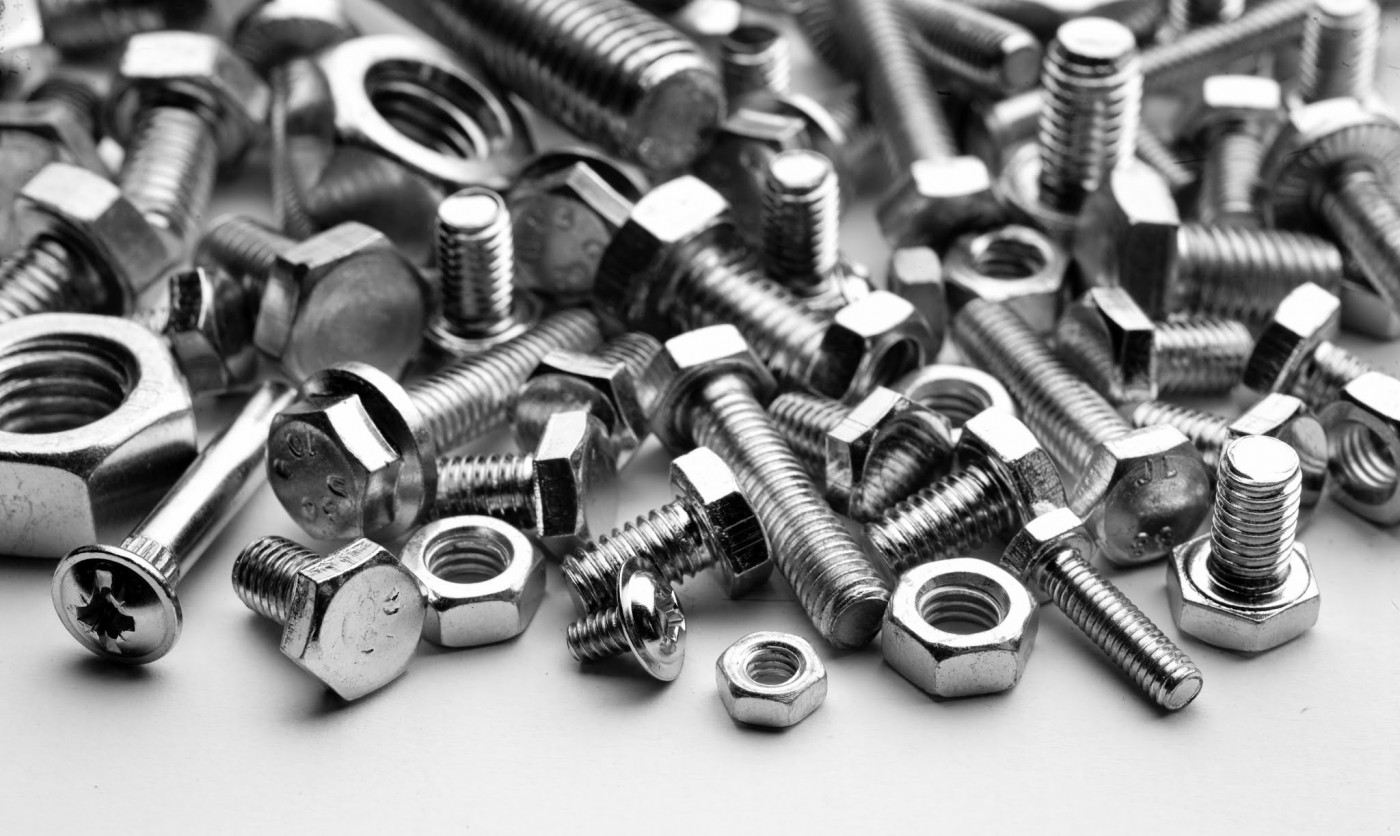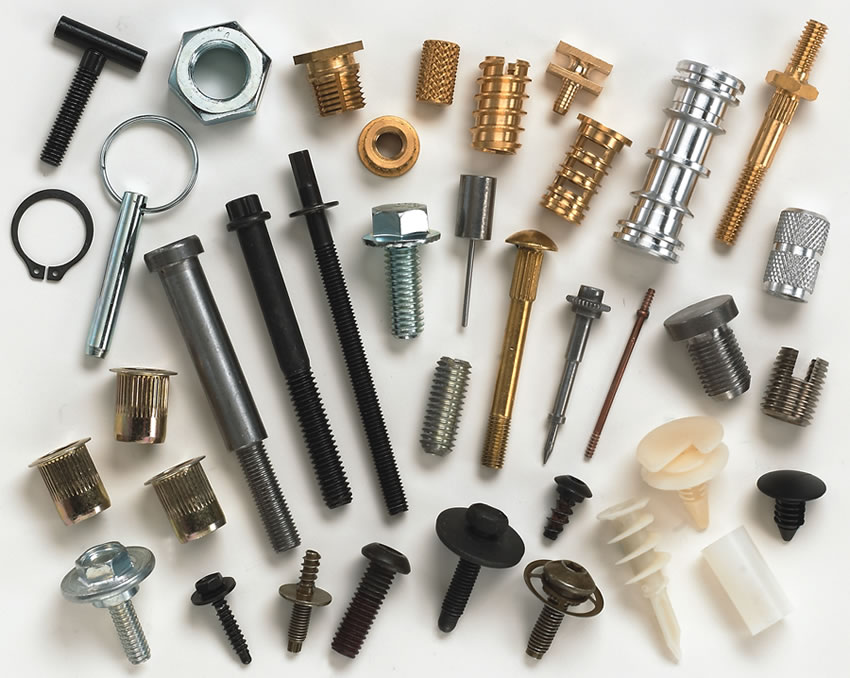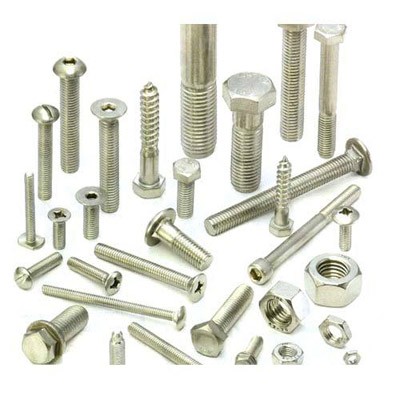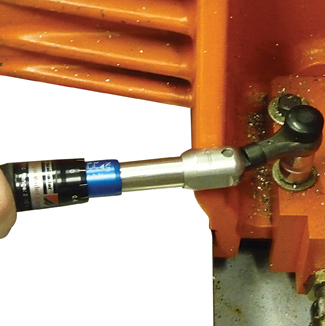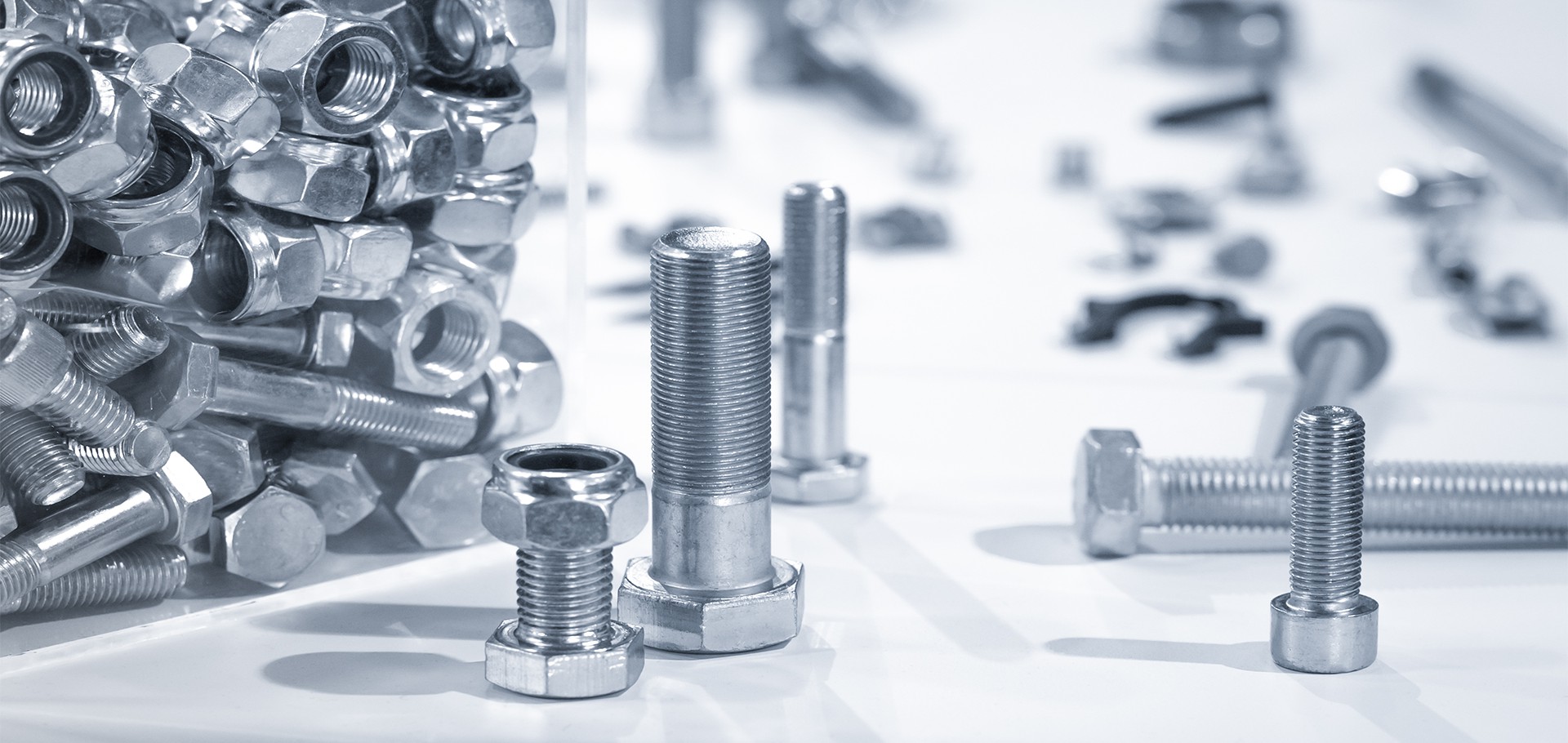
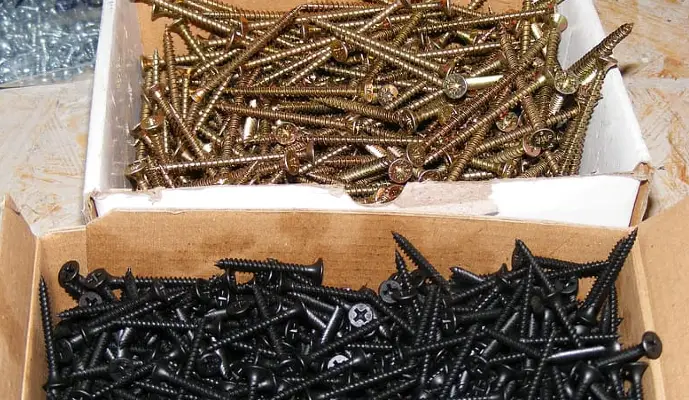
Exploring Fastener Materials
By Usha Fastners In Fastners On 09-Apr-2021
Exploring Fastener Materials
Dhruva May 06, 2020

Fastener materials are wide ranging, right from common steel to titanium, aluminium, or even certain specialised or exotic materials. Normally, materials are divided into “grades”. This helps you distinguish alloy mixtures, material strength and hardening processes. Certain materials are enhanced by the addition of coatings and platings to make them more resistant to corrosion.
Choosing the right fastener material is a crucial part of your project. Factors such as resistance to corrosion, how brittle the material is, resilience, etc, are extremely important when understanding the distinction between different materials.
USING STAINLESS STEEL
Stainless steel is an alloy that combines low carbon steel and chromium. It is distinguished by its high resistance to corrosion. As the anti-corrosive properties are an essential part of the metal, there is an extremely low possibility of corrosion to occur during the process of installation.
It is important to note that stainless steel fasteners are more prone to galling, being significantly weaker than hardened steel fasteners, and they cannot be hardened through heat treatment. Though certain grades of stainless steel fasteners are more less magnetic than others; in general, stainless steel fasteners are not as magnetic as other varieties of steel or regular steel.
USING SILICON BRONZE
Silicon bronze is an alloy that combines copper, tin, and a small quantity of silicon. It is mainly used in marine environment applications, where its superior corrosion resistance makes it preferable to other materials for wooden boat constructions.
It also comes in handy in woodworking, where its copper-colour appearance makes it a fine choice. Silicon bronze is significantly more expensive than other materials.
BRASS
Brass is an alloy that brings together copper and zinc, inheriting the strengths and advantages of both those materials. Its resistance to corrosion is a distinctive characteristic, and additionally, it is electrically conductive. Its use in fastening is limited by the softness of the material, but on the other, it can be used in a wide range of applications for its distinctive appearance.
ALLOY STEEL
Alloy steel is essentially carbon steel distinguished by the addition of elements like silicon, manganese, and chromium. This combination enhances the capability of the alloy to strengthen and improve its ductility when heat treated. However, it is important to keep in mind that the possibility of hydrogen embrittlement increases as the alloy becomes stronger.
ALUMINIUM
Aluminium is an inherently corrosion-resistant material, a light and soft metal that makes it a bit limited, but useful for certain applications. Having strong corrosion resistance properties, scratches and friction does not affect the material as much as in the case of other materials.
A variety of fasteners are crafted from aluminium alloys, with elements like silicon, magnesium, iron and zinc, being useful additions to enhance strength.
ITA Fasteners brings you a variety of fasteners that use various fastener materials, suited for all kinds of applications. With our expertise as thought-leaders in the world of fasteners, we study your requirements, help you select the right fastener material, and optimise their use for your project.
